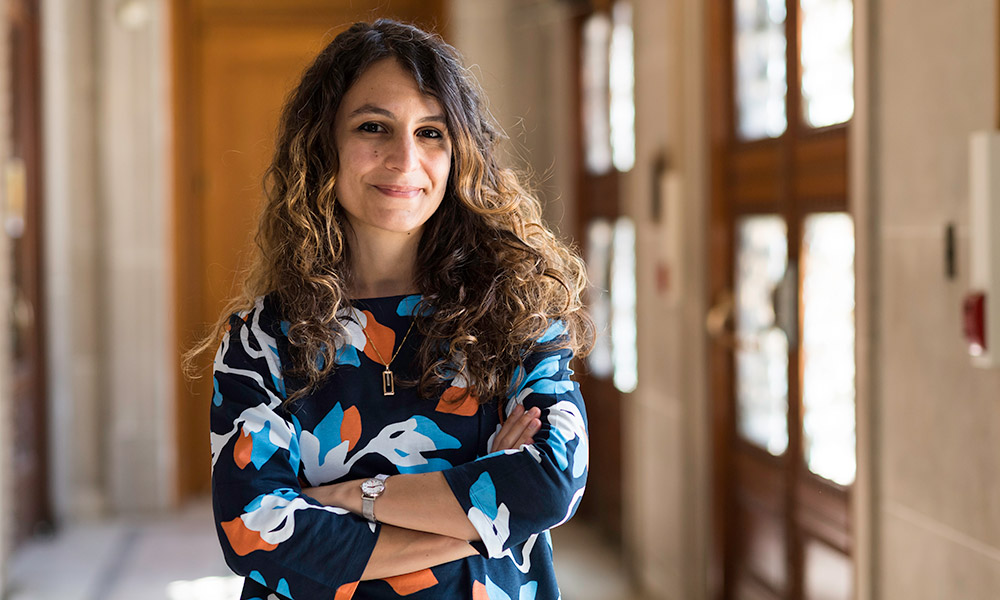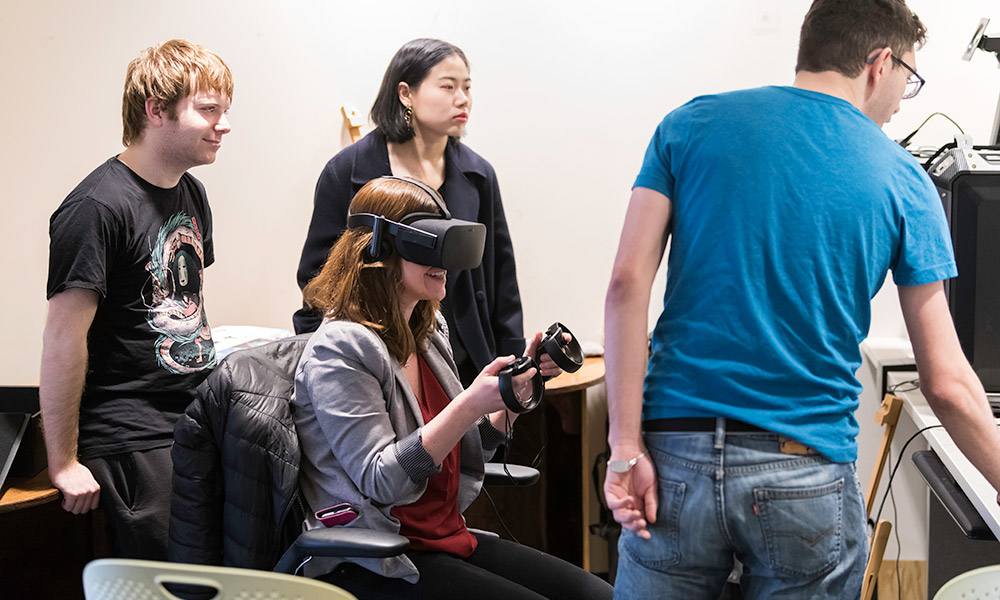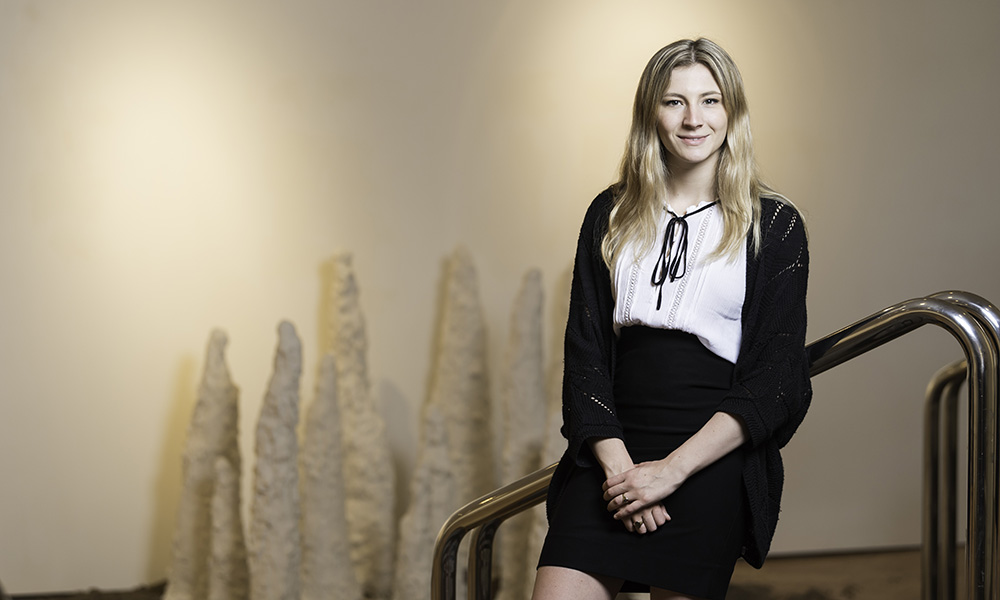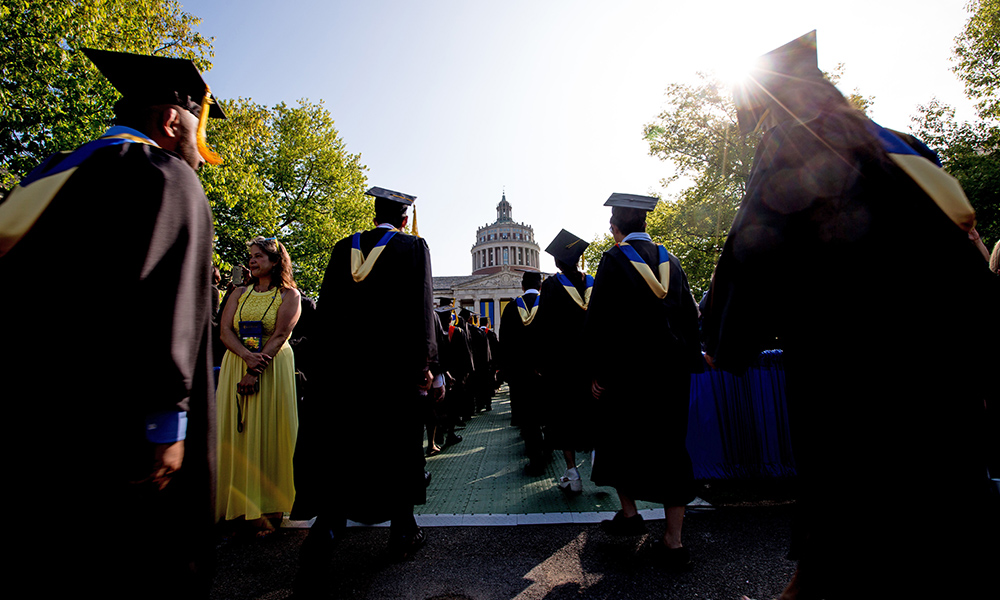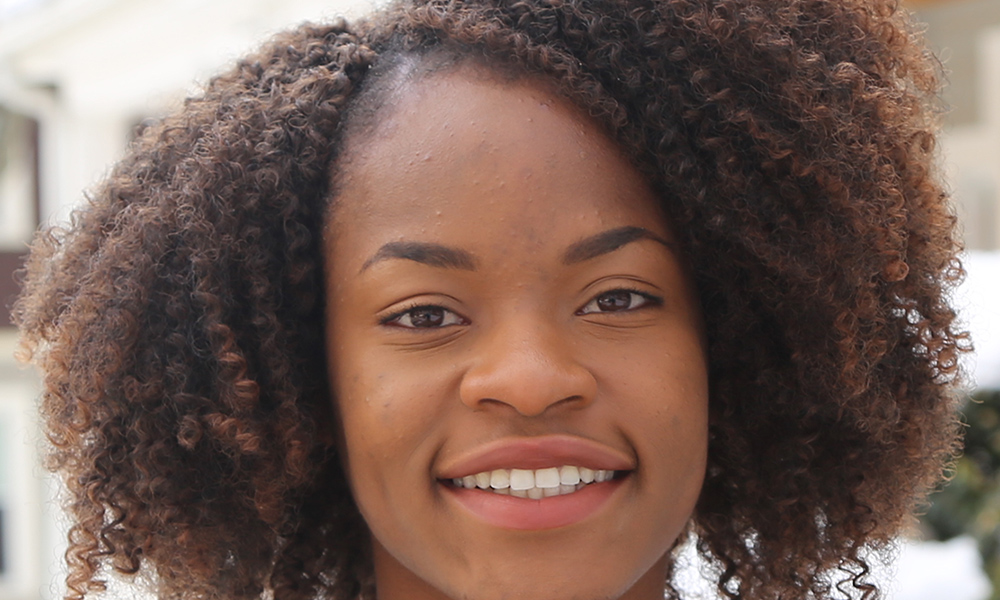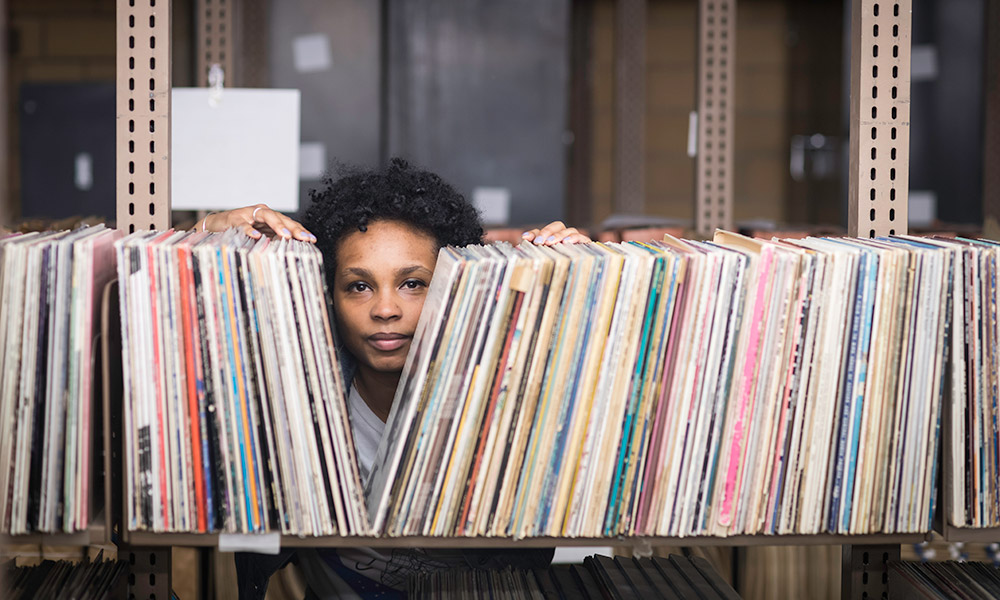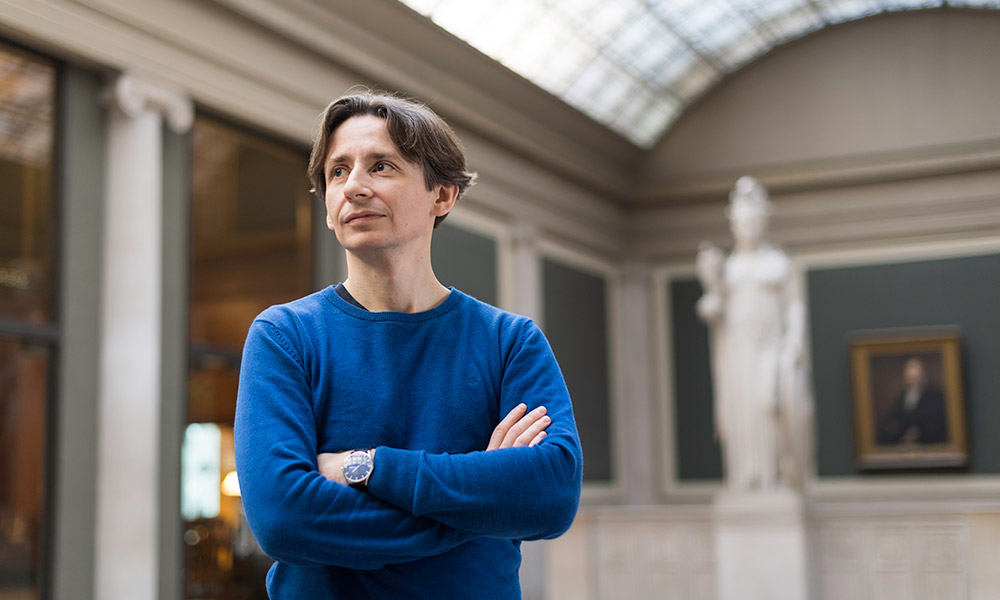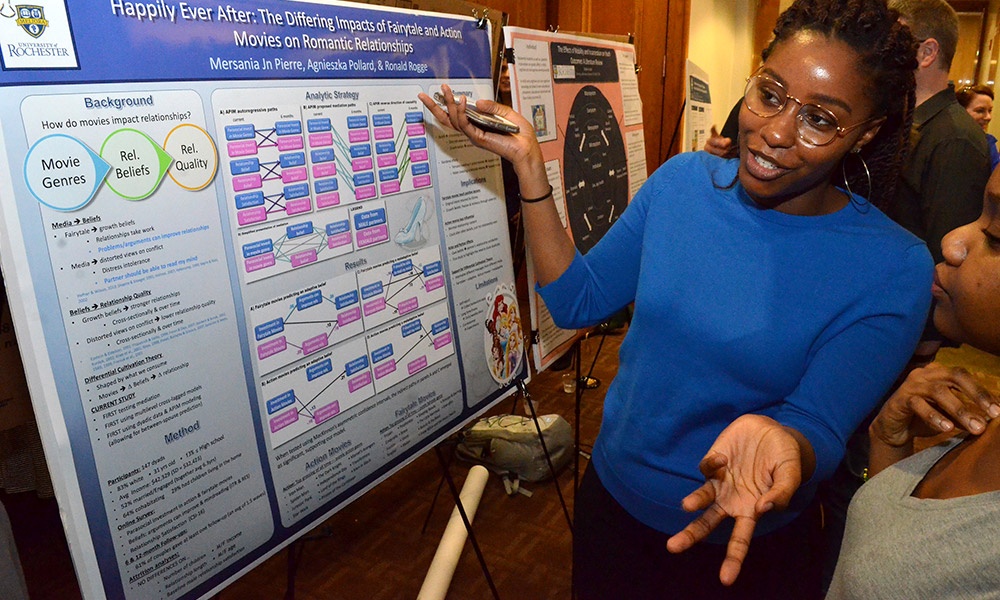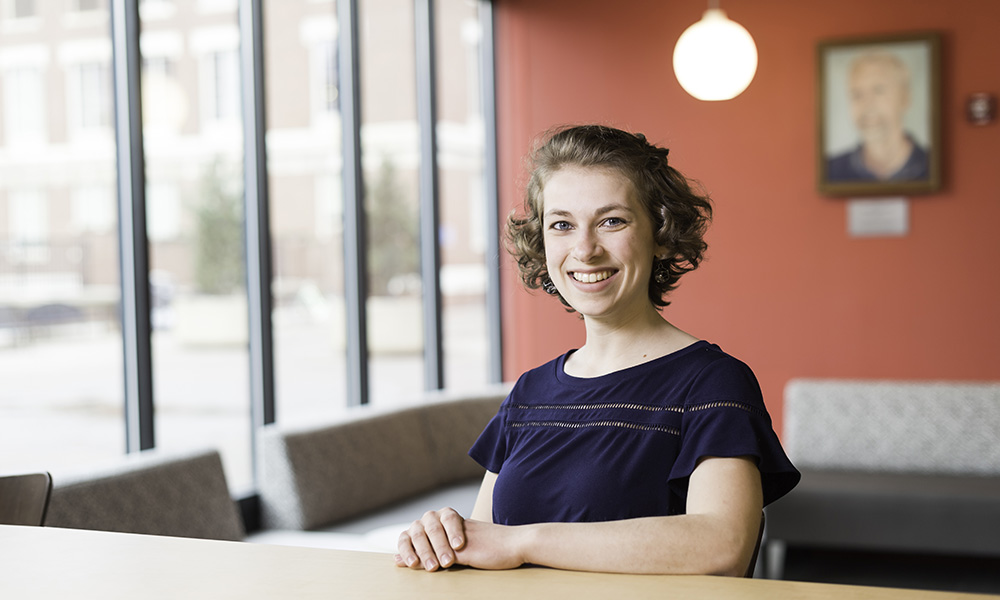
Campus & Community
Two degrees for a student with music on her mind
May 10, 2019
Hannah Dick ’19, ’19E knew she wanted to pursue a college degree in music. But that wasn’t all. Graduating with dual degrees in percussion and brain and cognitive science, she plans to use music to help people.

